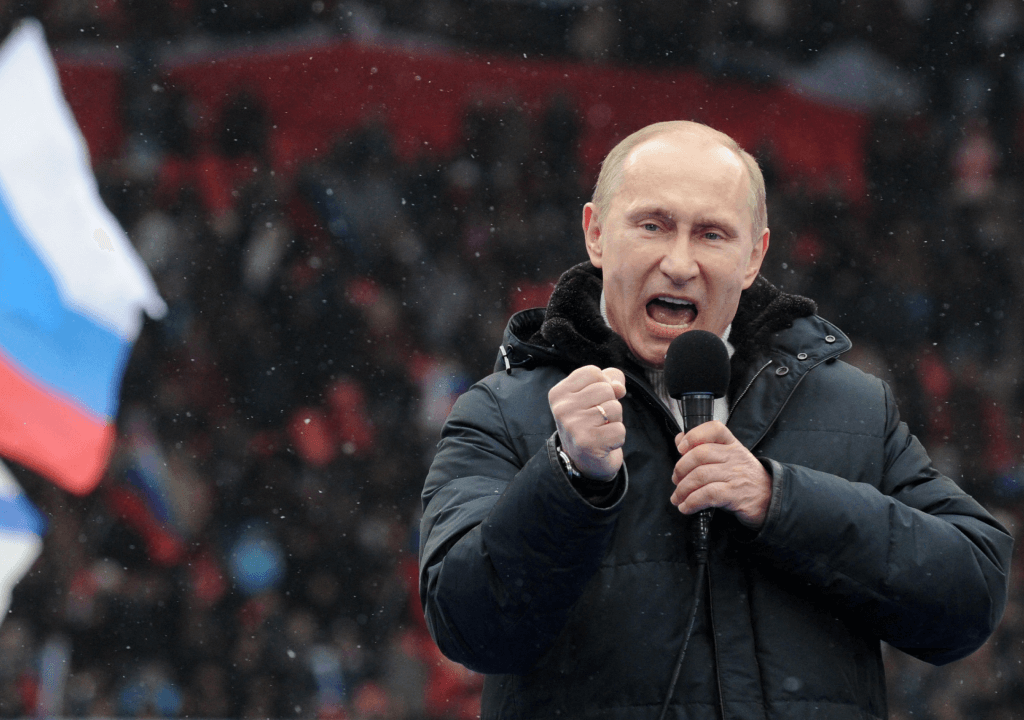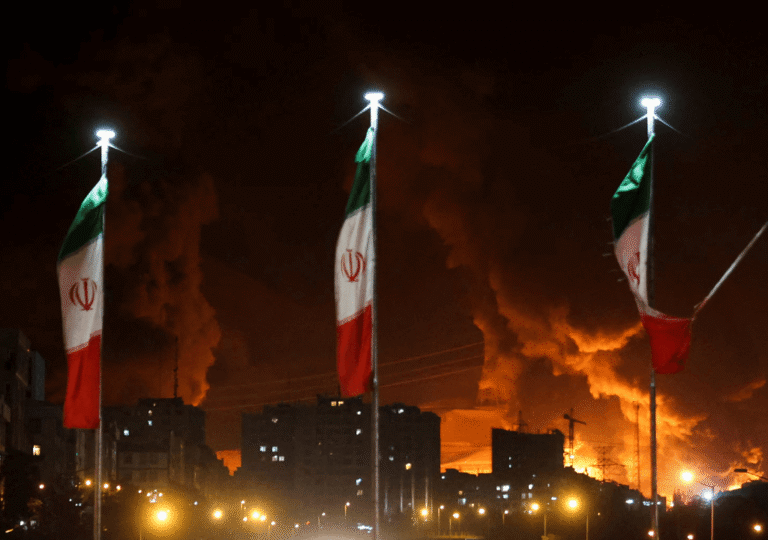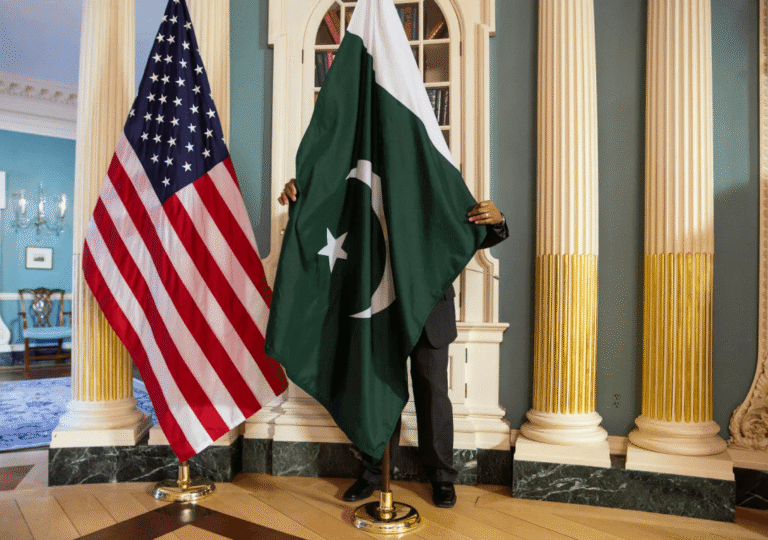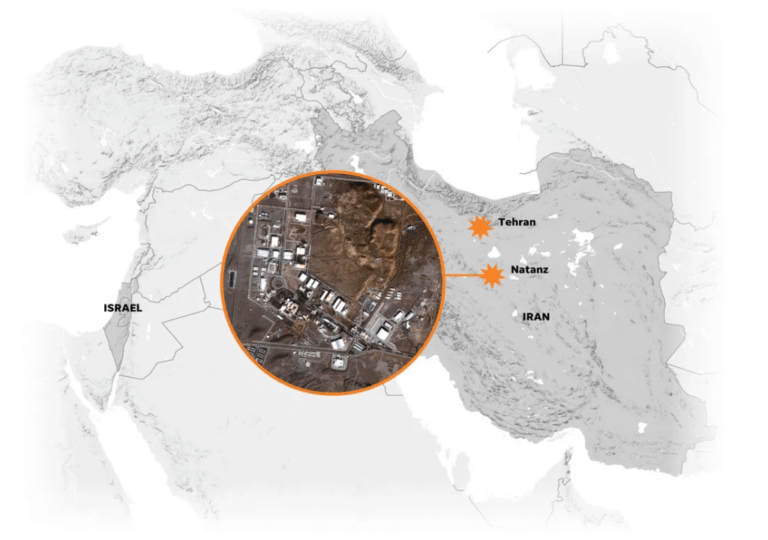While influential opposition leaders are either being murdered, jailed, or barred, Russia is preparing for its upcoming presidential election in the coming weeks. Russian President Vladimir Putin, who has carefully crafted constitutional modifications to prolong his term in office, looks set to win his fifth election. As for the 2020 constitutional amendment, which essentially “Nullified” his prior tenure, he is officially running for another term, but the March 15–17 election will be his first under the new structure. Thanks to this clever political maneuvering, Putin is able to seize several openings, leaving his opponents with no choice but to surrender or risk certain death. The most recent victim was Alexei Navalny, who was barred from future participation in democratic elections in Russia.
In December, during a staged event in an opulently furnished Kremlin ballroom, Putin declared his candidacy while speaking with a separatist “Colonel” from the Donbas region of southeast Ukraine. He has four terms under his belt. In 2000, he won the presidency, and he was reelected in 2004, 2012, and 2018. Due to the constitution, he was not elected president during a brief tenure in between; instead, he served as prime minister and also “Super President”. As anticipated, he will serve a further six years if he prevails, as the term has been extended by constitutional revisions. His fifth term would begin with this. After that, he is eligible for a sixth term in 2030.
Since Joseph Stalin, the Soviet leader, the 71-year-old former KGB spy has already led Russia for the longest period of time. Putin’s increasingly harsh handling of opponents, critics, and antiwar demonstrators has drawn comparisons to Stalin’s “Big Terror” operations. To those who support the Kremlin, however, Putin is seen as a political “Genius” who stopped Russia from collapsing, brought billionaire oligarchs under control, and defeated Chechen insurgents. In addition, Putin’s admirers refer to him as a “Gatherer of Russian Lands,” a dignified moniker bestowed upon Russian princes and czars, for his actions in the 2008 war against Georgia, the recognition of two breakaway Georgian statelets, the annexation of Crimea in 2014, and his intentions to annexe full of Ukraine.
Putin’s most vocal political rival, Alexey Navalny, passed away in an Arctic prison on February 16 in what his family, followers, and a large portion of the international community considered to be political murder. In the 2018 presidential election, which Putin won with about 78% of the vote, Navalny was not allowed to register. Further opposition activists, Ilya Yashin and Vladimir Kaza-Murza, have been sentenced to eight and a half years and twenty-five years in prison, respectively, for their criticism of Putin’s war in Ukraine. Numerous opposition activists, critics, and normal Russian citizens who shared or liked antiwar comments on the internet have also been charged with crimes in thousands of cases. Tens of thousands have been detained, fined, or expelled from the nation. Russian Democracy is defined here.
This is the first three-day voting in Russian history as opposed to the usual one-day one. Additionally, this marks the debut of internet voting for voters in 29 locations. In Russia, 112 million people who are at least 18 years old are able to cast votes. Voting will also take place in occupied Crimea and other parts of Ukraine, a move that Kiev and its Western supporters have denounced as illegal. Millions of Russian citizens residing overseas, from California in the United States to the southern Kazakhstan spaceport of Baikonur, which Russia leases, are also able to cast ballots via mail, consulates, or embassies. The initial results are anticipated to be made public on March 19 and the final result on March 29. According to official estimates, the officially-expected turnout is almost as high as it was during the 2018 election, when about 68 percent of Russians cast ballots.
There’s hardly much optimism for a free and fair vote among those who follow Russian politics. Due to the widespread perception of the current United Russia party as corrupt and ineffective, Putin is contesting as an independent. It was referred to as the “Party of Crooks and Thieves” by late opposition leader Navalny. Other contenders are viewed as symbolic figures whose involvement serves mainly to demonstrate Putin’s “Popularity.” The Communist Party’s Nikolay Kharitonov is one among them.
Boris Borisovich Nadezhdin is an opposition politician who has openly condemned the war in Ukraine, said he will designate unbiased observers to supervise elections, and promised to keep appealing the rulings of the Supreme Court against him. But he’s not going to be able to run at all. Sometimes he will also in his final time.
Nobody is expecting a different result from this election; Putin is viewed as a strong leader, and he is successful in portraying this image. Additionally, his admirers claim that the Russian Federation would fall apart and pandemonium will envelop the country in his absence. The Russian nationalists are therefore standing firm beside him. His drives for “Slavic Unity” and “Russia First”. However, many disbelieve the percentage of vote he gained in elections. The unnatural death of opponents increased screening of opposing candidates, videos of election employees making dubious actions in the booth, a lot of suspicious activity raised doubts in his win. Putin, however, will still receive more than 60% of the vote in the current scenario, and all of the leaders hail him as Russia’s savior. And he will continue to be the ruler. Russia presents new conceptions of democracy that any rulers craving power can embrace.








